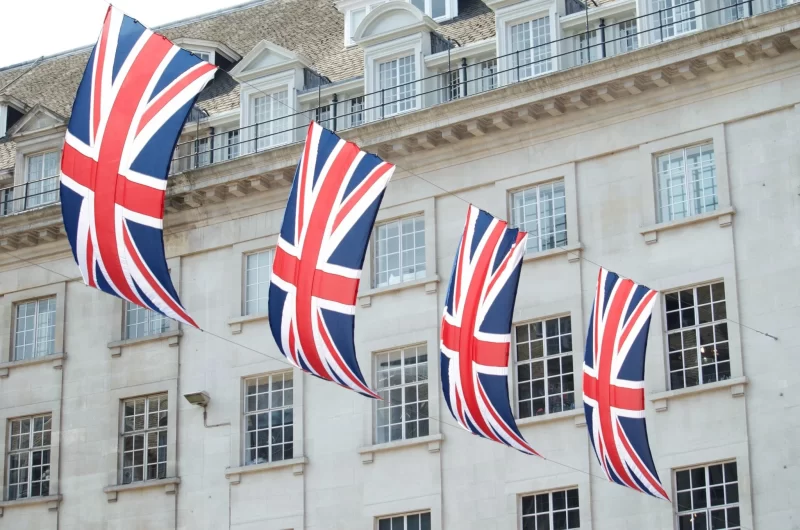The Bank of England (BoE) is ramping up its call for tougher regulations on stablecoins, suggesting that tokens used widely for payments should face the same scrutiny as traditional bank deposits. Governor Andrew Bailey emphasized that if stablecoins become “widely used,” they must include depositor protections and access to the BoE’s reserve systems.
A Shift Toward Regulated Digital Money
Bailey’s stance signals a shift from earlier skepticism toward a more balanced view that recognizes stablecoins’ potential—if regulated properly. He noted that while most stablecoins currently serve crypto traders rather than everyday users, their use in mainstream payments could grow quickly.
Under the BoE’s proposed framework, large-scale stablecoins would be governed by rules similar to those for banks and payment systems. These measures may include:
- Holding reserves directly at the BoE.
- Guaranteeing redemption rights for users.
- Operating under enhanced supervision and transparency standards.
Proposed Caps and Industry Pushback
One of the more debated elements involves proposed limits on how much stablecoin individuals and companies can hold. Early drafts suggest caps between £10,000 and £20,000 for individuals, and up to £10 million for corporate entities. However, following backlash from the crypto industry, regulators are considering exemptions for exchanges, custodians, and liquidity providers that rely on larger stablecoin balances.
Major players like Coinbase have voiced strong opposition, warning that such restrictions could “hurt UK savers, the City and sterling.” Critics also argue that tracking token ownership across multiple wallets and platforms is nearly impossible without invasive identity checks, raising privacy and practicality concerns.
The BoE has acknowledged these challenges, describing the caps as potentially transitional. Officials plan to hold a public consultation later this year to refine the framework and gather feedback from stakeholders.
Coordinated Regulation and the Road Ahead
The BoE is also collaborating with the Financial Conduct Authority (FCA) to align oversight of stablecoin issuers, wallet providers, and custody services. The FCA’s proposals focus on transparency, governance, and the requirement for full reserve backing.
If implemented, the BoE’s plan would position the United Kingdom among the world’s most tightly regulated stablecoin markets. The central bank aims to strike a balance between financial stability, consumer protection, and innovation in digital assets. Still, much depends on the outcome of the consultation process and the feasibility of enforcing limits across decentralized systems.
